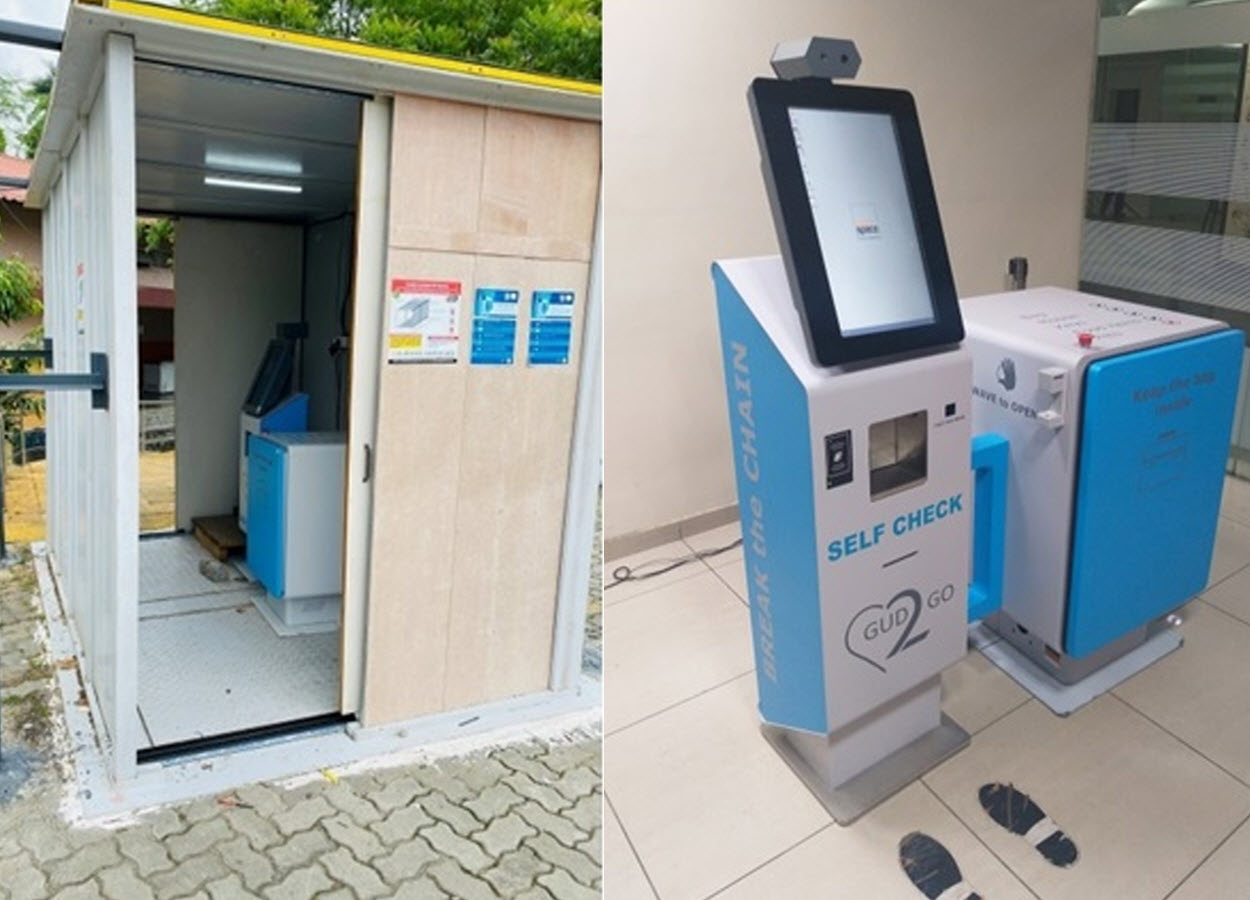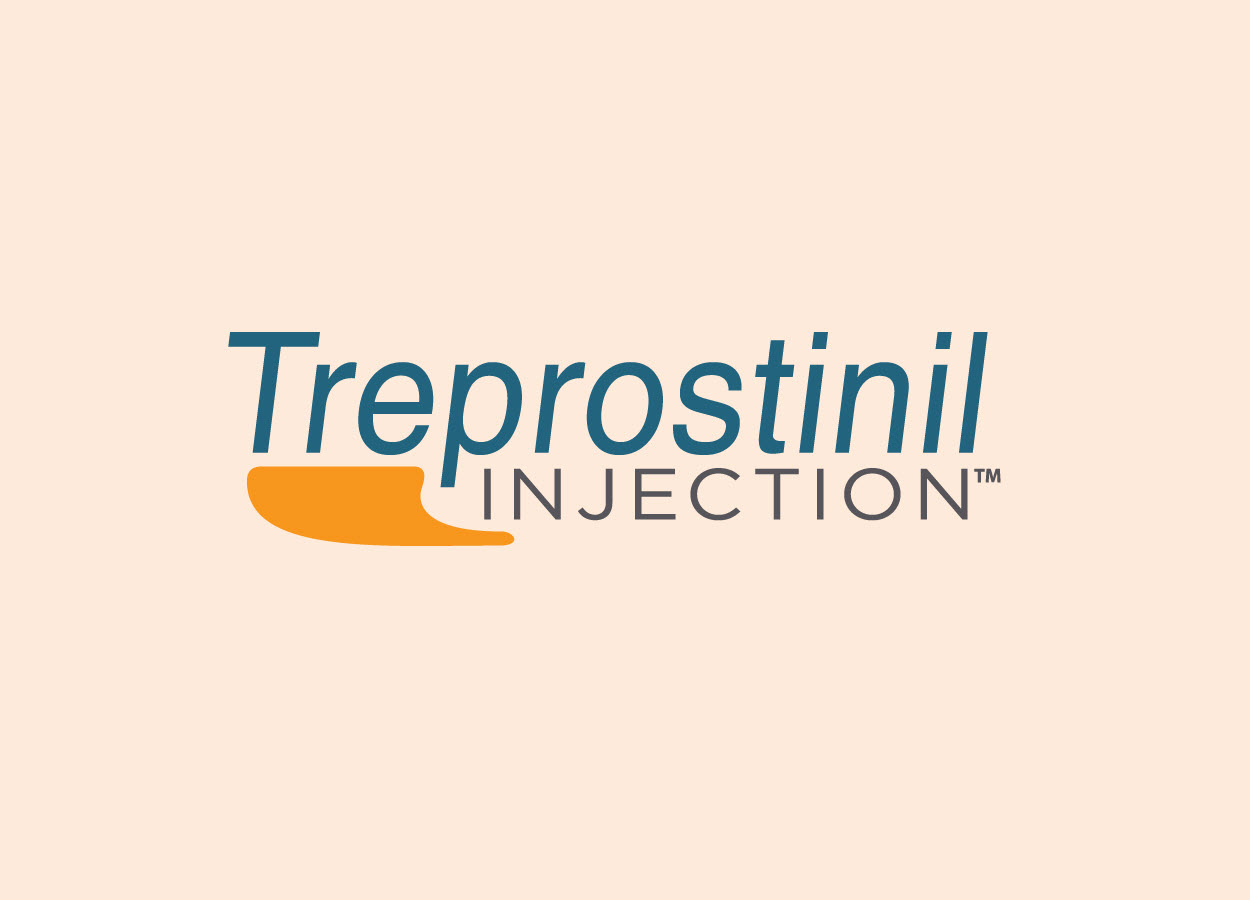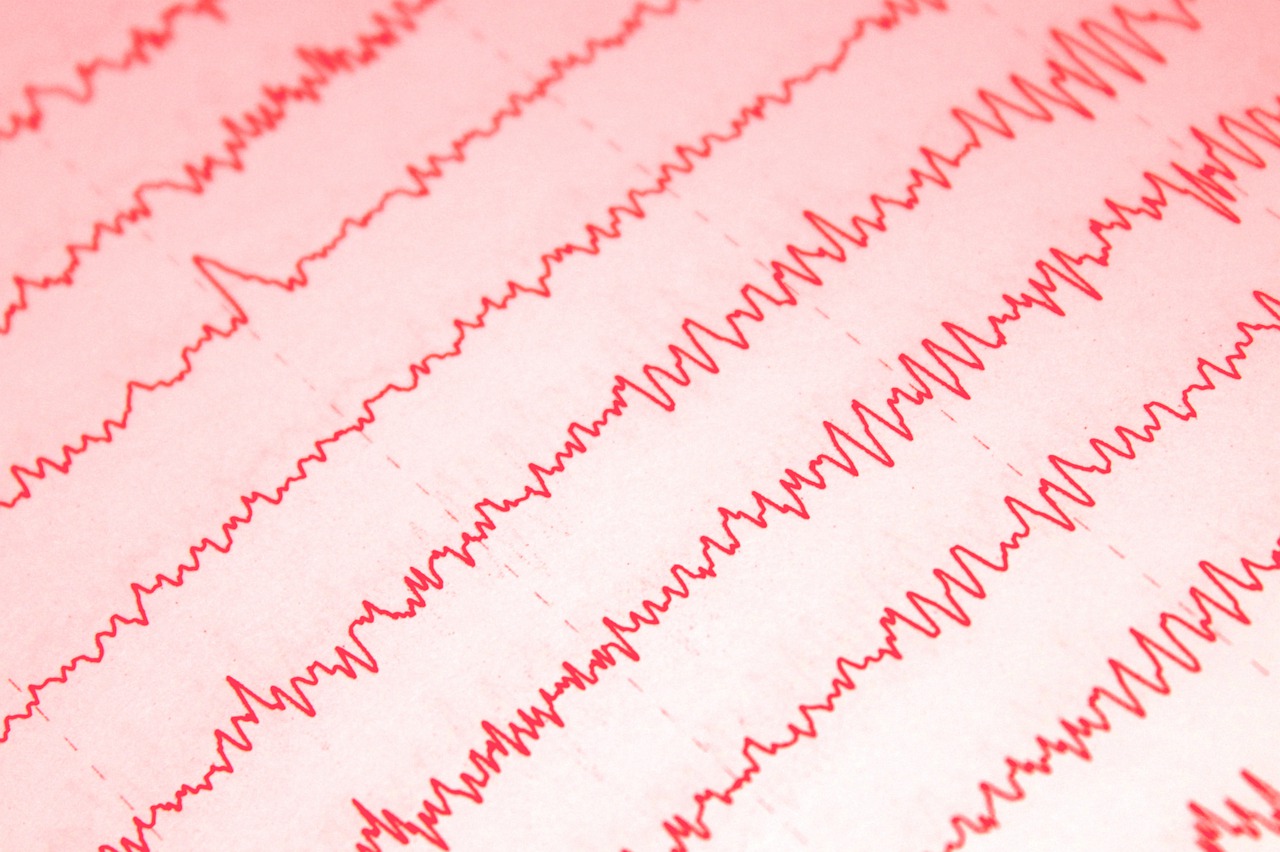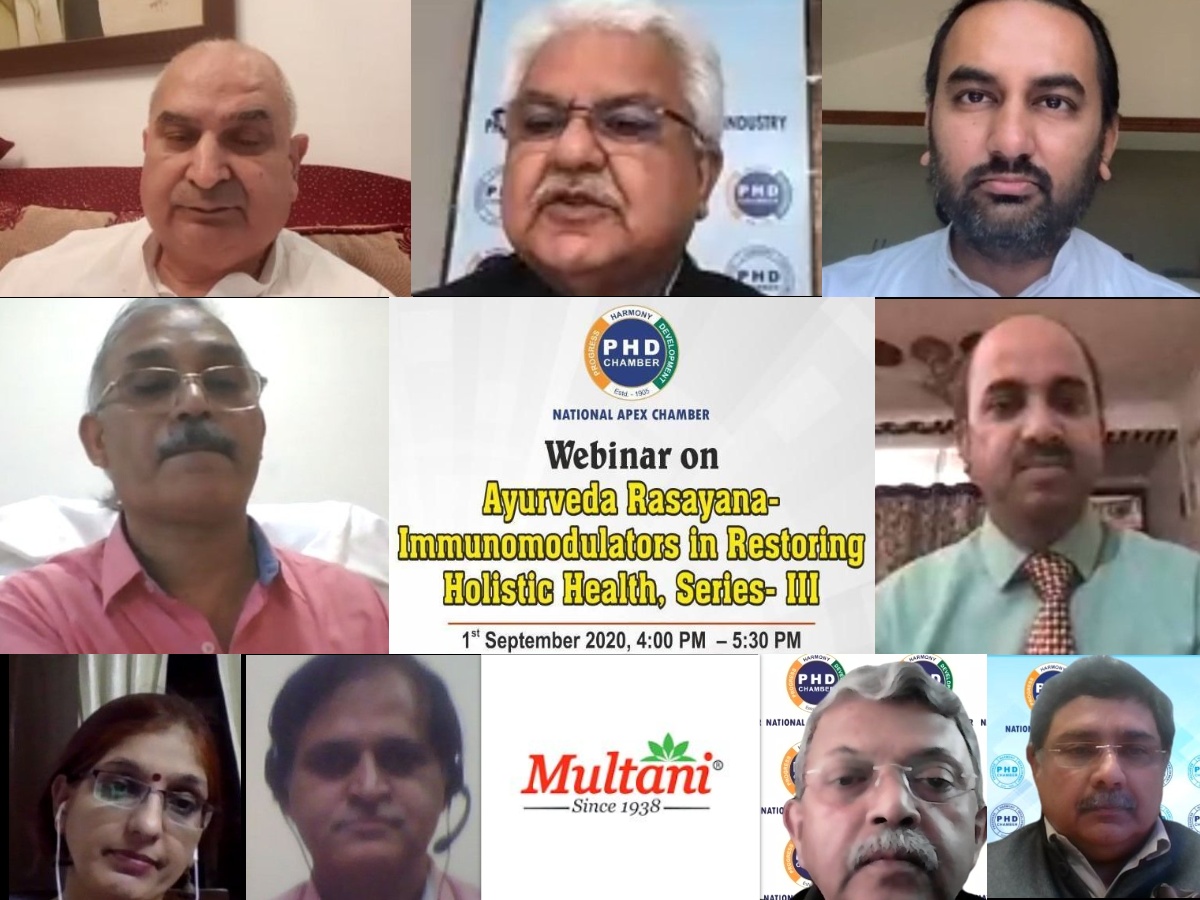Pharma News
Get the latest news from world and India’s leading pharmaceutical companies Pharma Industry, pharmaceutical marketing, generic drugs, and Complete news for Pharmacy and Life Sciences professionals.
-
-
-
-
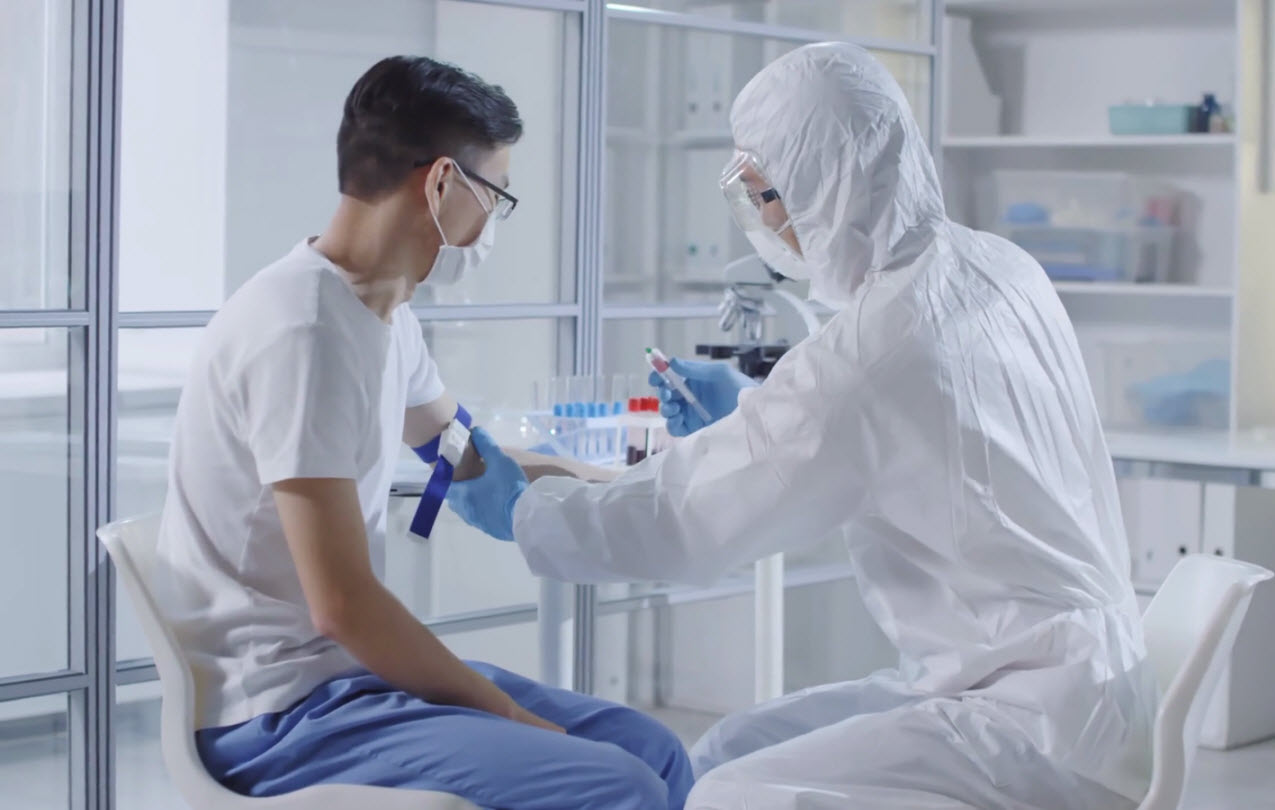
Central Drugs Standard Control Organisation has approved phase II trials of Bharat Biotech's vaccine candidate Covaxin. After satisfactory results of Phase I clinical trial, DCGI has given permission for phase II trials of Covaxin, which is developed by Bharat biotech in alliance with the ICMR - National Institute of Virology.
-

A world-renowned organization Fun2learn working in the field of education in India as well as globally, felicitated more than 500 educationists all across the globe in a single day on 29 th August 2020, setting a new World Record in the World Book of Records United Kingdome.
-
-
-
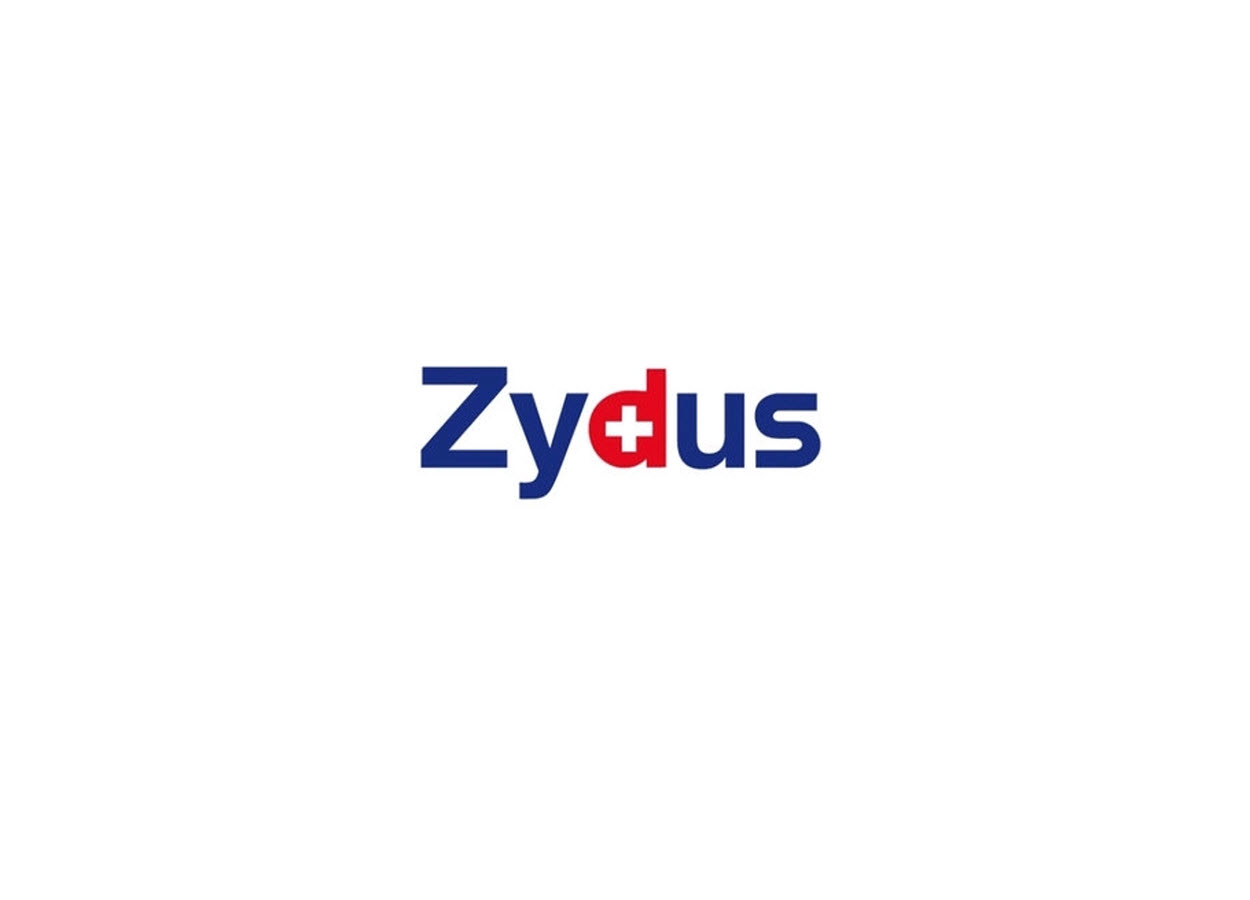
Zydus Cadila has received final approval from the USFDA to market Cisatracurium Besylate Injection USP (US RLD: Nimbex ®) in the strength of 20 mg (base)/10 mL (2 mg/mL) Multiple-Dose Vial.
-
-
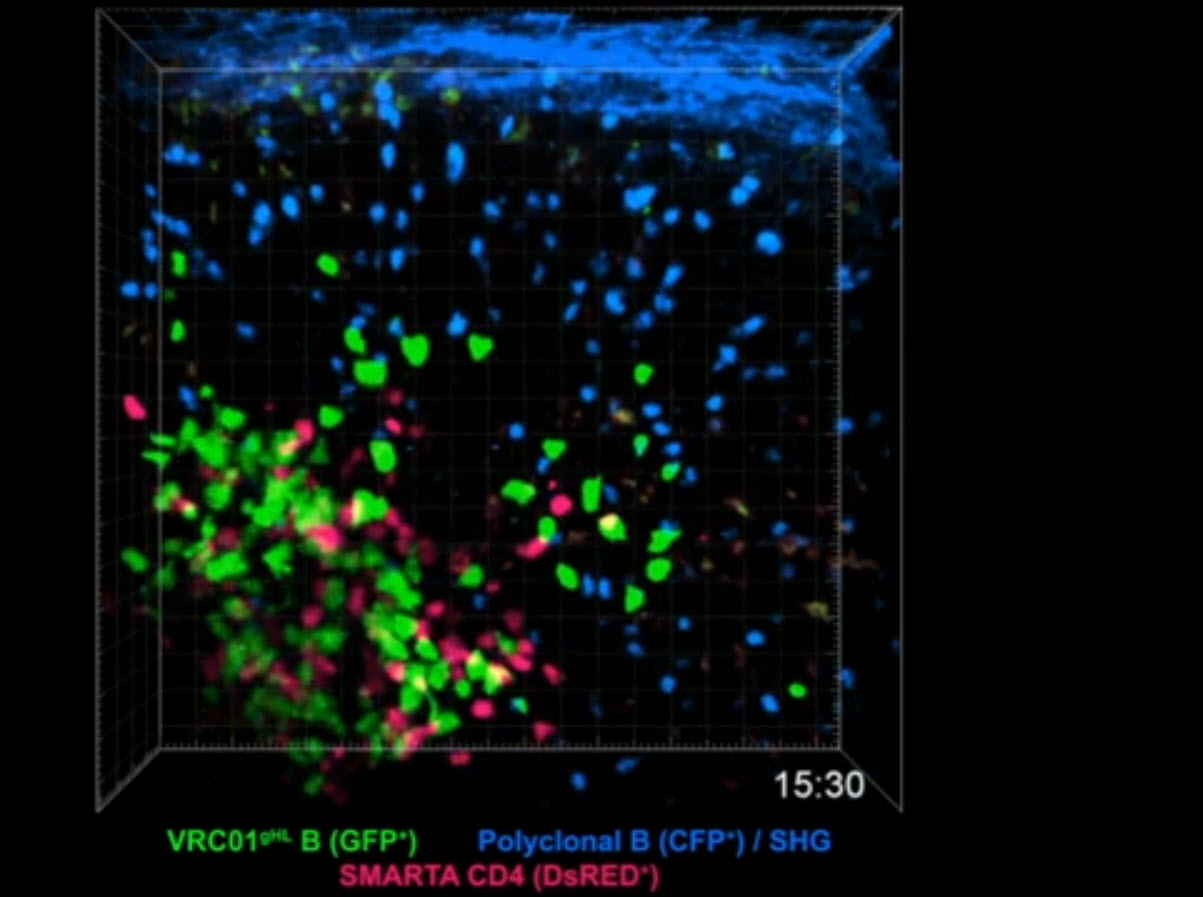
Designing a vaccine starts with finding the right ingredients. Every infectious agent has molecules, called antigens, that the immune system could potentially recognize and attack. So scientists must carefully consider which antigens should go into a vaccine.


